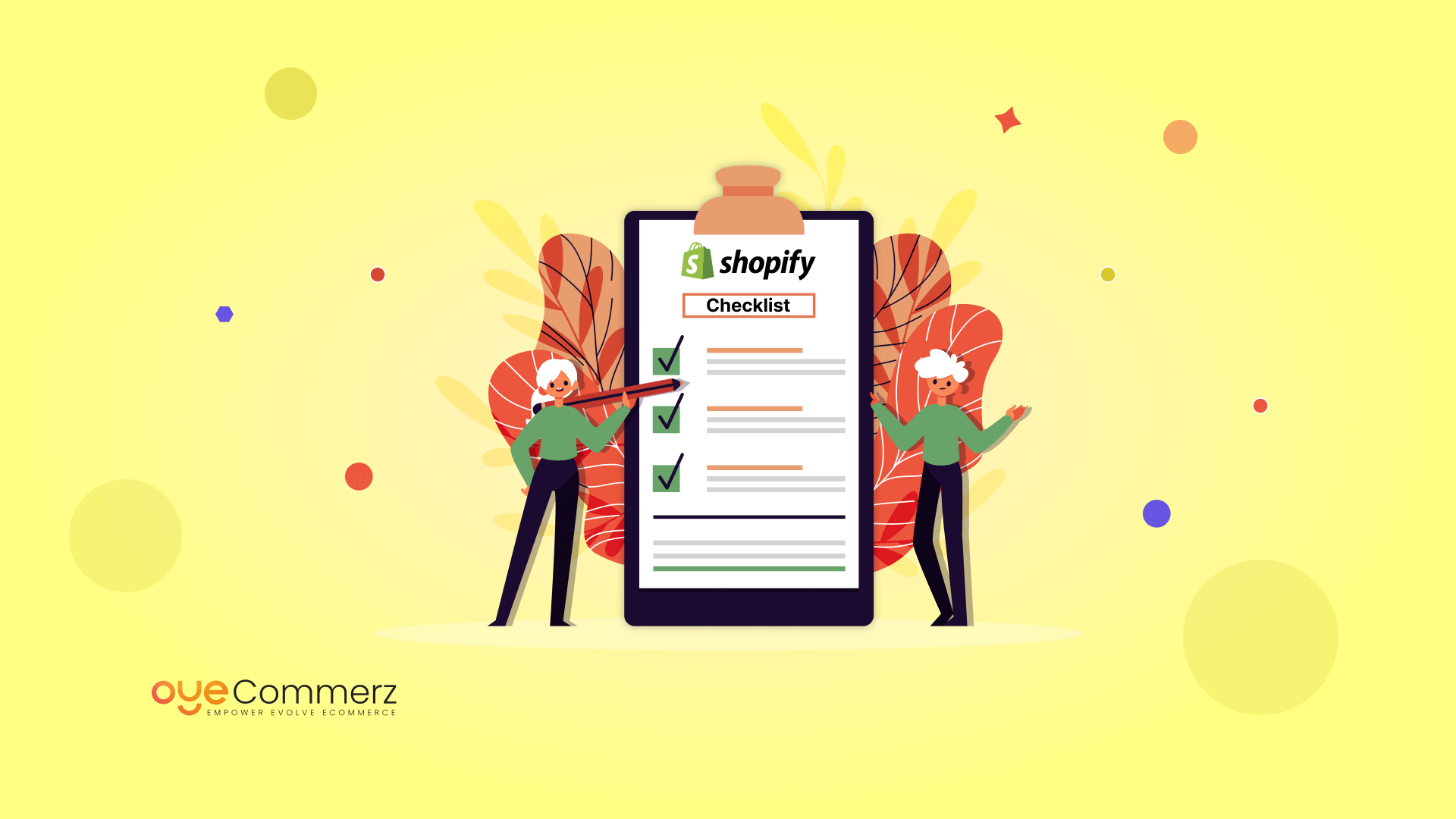Introduction
In today’s competitive e-commerce landscape, standing out is paramount, and one of the best ways to differentiate a Shopify store is through custom app creation. A well-built Shopify app can enhance store capabilities, streamline operations, and elevate customer interaction. This article delves into key elements of Shopify app development, covering API integration and app ecosystem to scaling strategies and digital marketing approaches, offering a roadmap for businesses looking for unmatched store performance.
The Importance of Shopify API Integration
Shopify’s API provides powerful tools to personalize and expand store functionalities. With the GraphQL and REST API options, developers can retrieve information to build applications that manage inventory control, order handling, and customer information management smoothly. Integrating Shopify’s API can lead to better workflow automation and allows stores to serve customers more effectively.
Adopting the Polaris Design System
Shopify’s Polaris is Shopify's set of design guidelines for designing intuitive and accessible Shopify apps. By adhering to Polaris principles, developers guarantee that apps seamlessly integrate within the Shopify Admin interface. This provides a cohesive look and feel that appeals to Shopify merchants, encouraging ease of use and familiarity for merchants utilizing your tailored app.
Navigating the Shopify App Ecosystem
The Shopify app ecosystem offers endless possibilities for improving online stores. From handling order fulfillment to increasing customer engagement, apps in this ecosystem are tailored to meet various business requirements. Familiarizing with this ecosystem helps developers in finding unique app opportunities and enables smooth connections of third-party services that enhance the store.
Developing Embedded Shopify Apps
Embedded apps integrate directly within the Shopify Admin, providing a smooth interface for merchants. They allow merchants don’t have to leave their Shopify dashboard, simplifying their process. Using Shopify App Bridge and embedded app capabilities is a best practice for offering a cohesive, integrated Oyecommerz Shopify development user environment.
Leveraging Node.js and React for Shopify Development
Node.js and React have become top options for Shopify app creation. This server-side framework enables efficient back-end services, while Shopify customer engagement tools React allows for dynamic, responsive front-end user interfaces. Together, they offer an excellent framework for building fast, growth-ready Shopify apps that improve store functionality and customer interaction.
Webhooks in Shopify Apps
Webhooks allow real-time data synchronization between Shopify and an external app. They trigger events such as new orders or stock changes and provide immediate alerts to your app. By implementing webhooks, apps can deliver real-time insights for store owners, streamlining workflows and increasing productivity.
Customer Engagement and Digital Marketing for Shopify Apps
To ensure Shopify app success, connecting with users is crucial. Using digital marketing strategies like SEO, email marketing, and social media campaigns can drive app adoption. Additionally, creating applications with customer engagement in mind (e.g., loyalty programs or personalized suggestions) boosts user retention and loyalty.
Scaling Your Shopify App
As e-commerce stores expand, so do their technological needs. Making sure that your app can scale to handle increased traffic, larger data sets, and more complex functionalities is critical. By improving server capacity and using scalable technologies, you can develop apps that grow in tandem with a store’s growth.
Essential Features and Maintenance for Shopify Apps
For an app to be effective, it should include essential features like user login, analytics dashboard, and support channels. Regular app upkeep, with updates to fix bugs and ensuring compatibility with new Shopify functionalities, is vital to maintain continuous operation and prevent disruptions to business processes.
Summary
Custom Shopify app development holds vast potential for e-commerce businesses, offering the ability to enhance store functionality, simplify operations, and build customer relationships. With API integrations and Node.js to ensuring scalability and customer interaction, creating a Shopify app involves thoughtful preparation and well-planned actions. If you’re prepared to unlock your store’s full potential, a tailored Shopify application may be the perfect solution. What features do you envision for your dream application? Share your ideas and begin the journey to an enhanced e-commerce experience!
